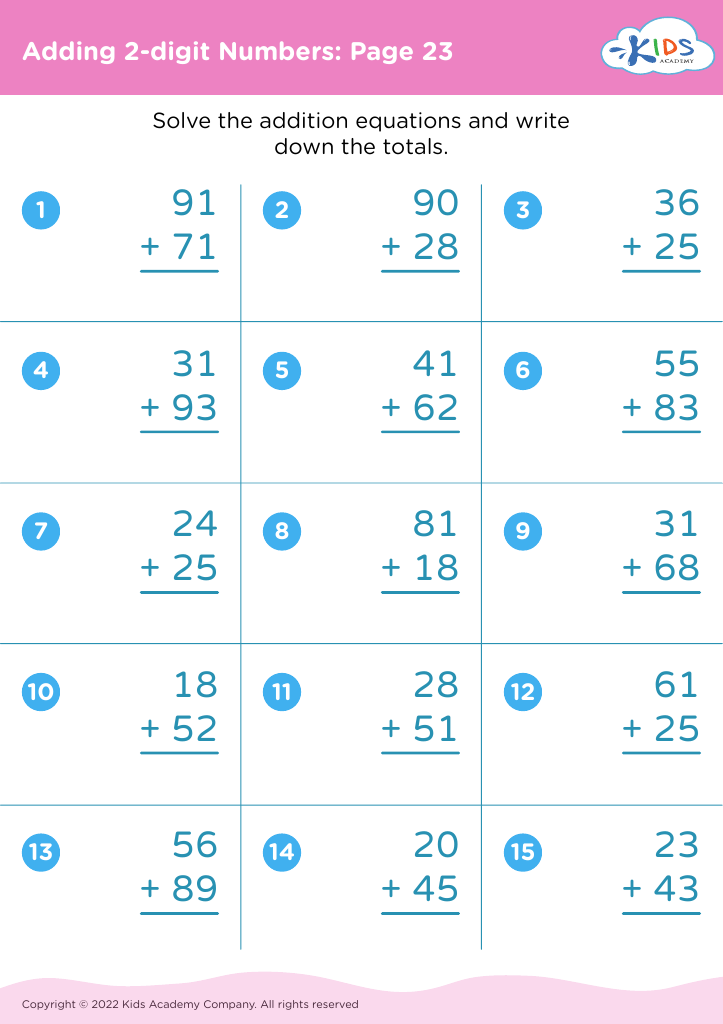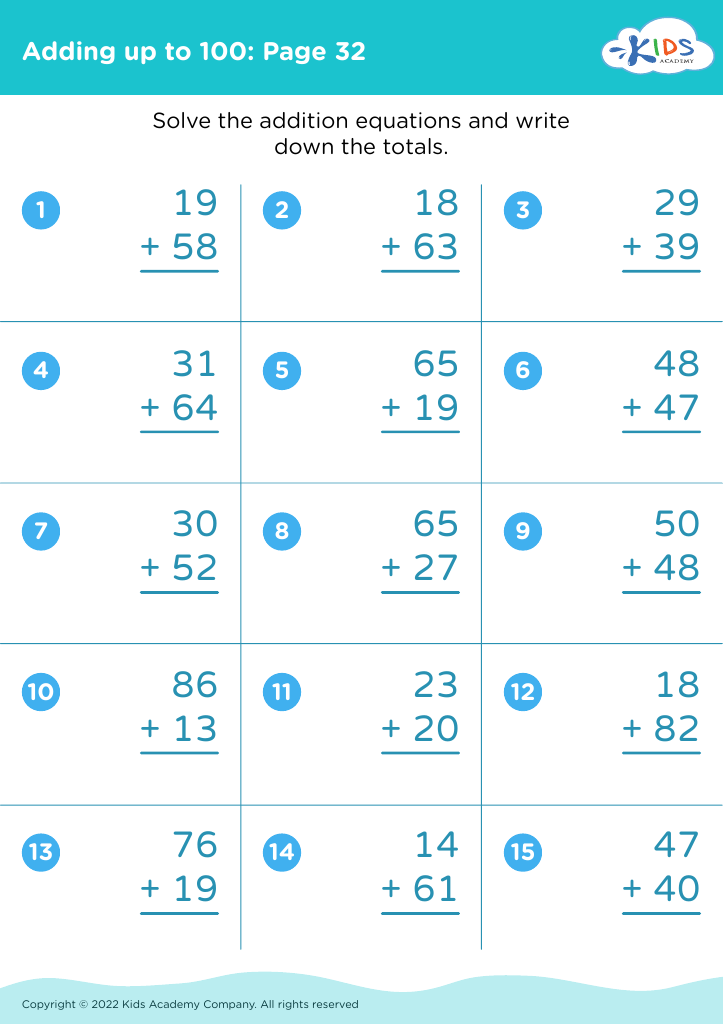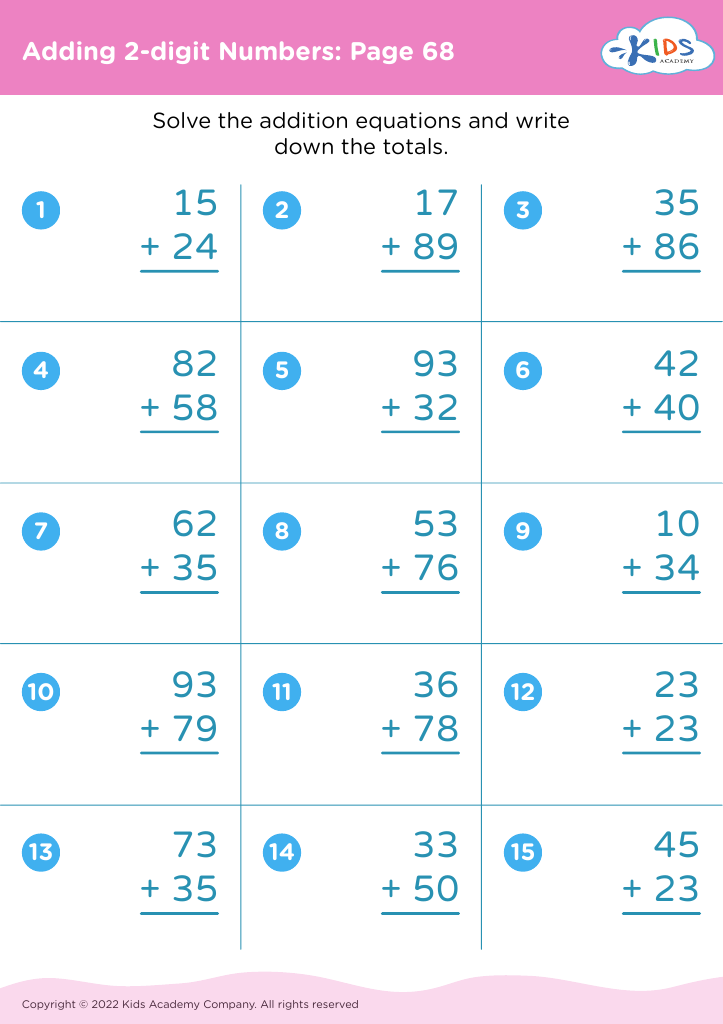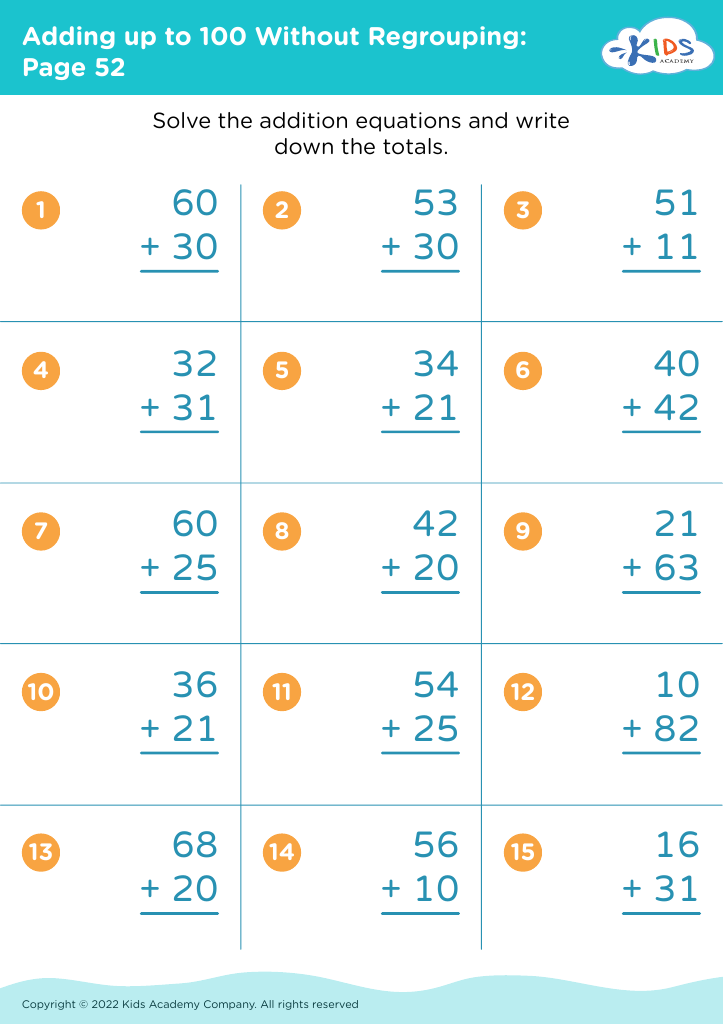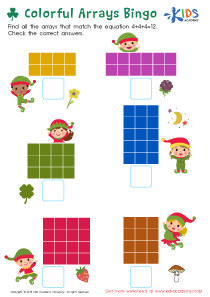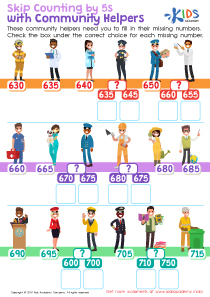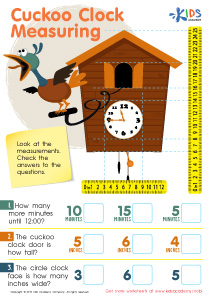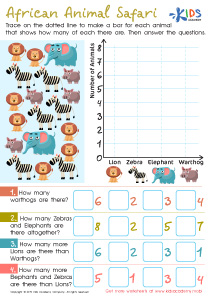Numeracy skills Grade 2 Addition & Subtraction Worksheets
8 filtered results
-
From - To
Boost your child’s confidence and arithmetic abilities with our Numeracy Skills Grade 2 Addition & Subtraction Worksheets! Designed to help young learners master fundamental math concepts, these engaging activities enhance fluency in basic arithmetic operations. From simple sums to more complex problems, our worksheets cover various strategies such as number lines and counting techniques. Perfect for classroom use or at-home practice, each worksheet aims to sharpen computational skills, promote logical thinking, and instill a love for math. With colorful exercises and gradual skill progression, your second grader will develop proficient numeracy skills while having fun every step of the way!
Numeracy skills in Grade 2, specifically addition and subtraction, form the foundational blocks upon which more complex mathematical concepts are built. Parents and teachers need to prioritize these skills because they are essential for not just academic success, but for practical life scenarios too. When children master basic addition and subtraction, they develop the ability to solve everyday problems like counting change, measuring ingredients in a recipe, or determining time intervals.
Moreover, proficiency in these early math skills boosts children's confidence and fosters a positive attitude toward learning. When students experience success in mathematics at an early age, they are more likely to approach future challenges with a growth mindset, viewing obstacles as opportunities to learn and improve.
Additionally, strong numeracy skills are linked to better overall cognitive development. They enhance logical thinking, pattern recognition, and analytical reasoning abilities—skills that are transferable across all subjects. For example, understanding the concept of addition can help in formulating hypotheses in science, while subtraction may be useful in understanding chronology in history.
Parents and teachers play a crucial role in nurturing these skills through engaging activities, real-life applications, and consistent practice. Introducing games, puzzles, and practical tasks can make learning addition and subtraction enjoyable, thereby cementing these essential skills for future academic and personal success.


